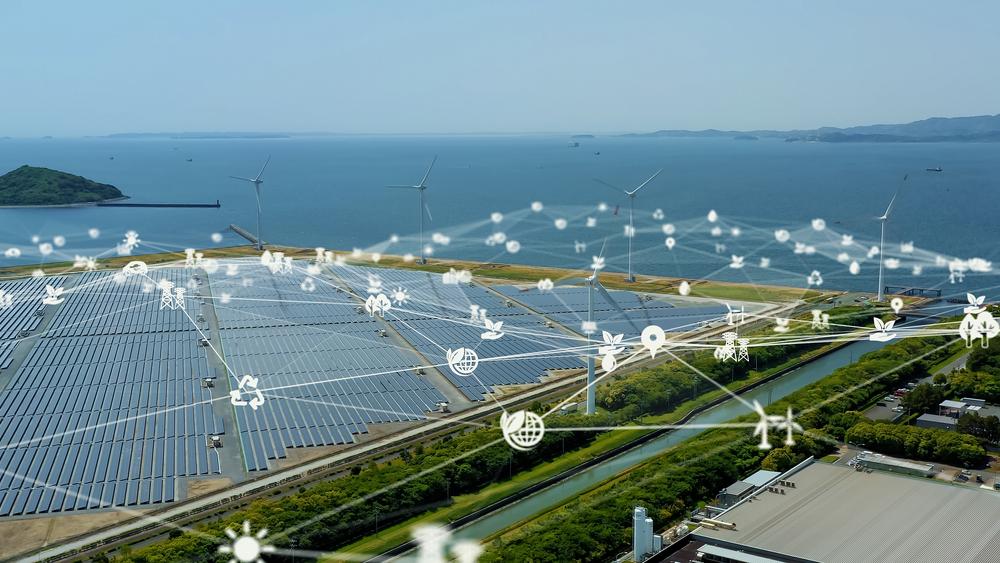Introduction
Green investment continues to gain popularity and attract increased attention from investors and academics. According to a FTSE Russel report, the green economy is represented by more than 3,000 global listed companies, a US$4 trillion market cap opportunity‒an equivalent of over 5% of the total listed equity. Nonetheless, there are multiple green investment products, including the green bonds, aggregation, and securitization vehicles. For example, since 2008, the World Bank Group has provided over $14 billion in green bonds whose profits are utilised to bankroll low-carbon projects. Green investment products can fund gaps and help meet climate commitments. Investors can exploit these green investments products to generate proceeds and promote a low-carbon economy. Below a summary of three types of investments:
Green Bonds
The green bond market mobilises the private sector bankrolling for climate-friendly investments. The green bond process encompasses five key areas: determining the issuer’s criteria or definitions for “green,” selecting eligible projects, earmarking and allocating profits, monitoring and reporting on impact, and ensuring transparency and compliance. For example, the issuer engages with investors and employs internal and external input to assess the projects eligible for financing through green bonds. In September 2021, the European Commission adopted an independently evaluated Green Bond framework. Consequently, it took a step towards issuing €250 billion green bonds, representing 30% of NextGenerationEU’s total issuance.
Green bonds represent the investment vehicle of choice for the private and public sectors to bankroll projects with ecological benefits, including clean power, energy-efficient buildings, and low-carbon transport. Banks issue the majority of green bonds; however, companies in other sectors are issuing their bonds, including big brands in the innovation, utilities, automotive, and consumer products industries. By ensuring that green bonds are designed well, and that appropriate due diligence is in place, issuers and investors can limit risks likely to undermine green bonds’ financial attractiveness.
Green Infrastructure Investment Openings
Green infrastructure presents a global investment opportunity, with an approximated $100 trillion worth of compatible climate infrastructure demanded between now and 2030 to meet the Paris Agreement emissions reduction targets, according to BCG and GFMA reports. Green finance includes infrastructure investment, low-carbon transport, sustainable waste management, sustainable water management, and renewable energy, which could bridge infrastructure gaps. . The positive ecological and economic benefits associated with green infrastructure underline the targeted increase in green investments in 2022. Adaptive and resilient infrastructure provision is an integral part of the global response to the future climate emergency.
The water infrastructure is one of the critical infrastructure investment products in most need of investments, including facilities related to rural and urban sanitization and hygiene. Accordingly, openings exist for investors to enter and contribute to closing the bankrolling gap. Other investment pathways exist in the construction, ownership, and refinancing of new infrastructure categories. These green infrastructure investment openings can reinforce the transition and shift to a low-carbon economy.
Green Power Investments

Green energy remains a hot topic globally concerned with climate change. Power generation without reliance on fossil fuel for electricity generation is attracting increased consideration. Among the top renewable energy include water, wind, and solar. Green power investment has many options in different domains, including solar, tidal, hydro, and wind, among others. Investors can focus on these areas to promote sustainability while still generating proceeds. This market has a considerable gap with the potential to create returns coupled with promoting socioeconomic and ecological sustainability. Investors can also lose money by investing in green power investments. Power is vital in running operations in many sectors, as well as households, which underlines the benefits of investing in green power.
Water Stocks
Water remains one of the most significant natural resources. Presently, there is a substantial fear the world will run out of freshwater because of climate change. A report by the European Environment Agency indicates that 20 European nations depend on other countries for over 10% of their water resources. In the United States, cities from Los Angeles to Miami are concerned regarding water scarcity as climate change depletes water resources.Consequently, these issues could create interest in exploring investments in water stocks, including collecting, purifying, and distributing water. Currently, there are multiple exchange-traded fund offerings, including First Trust Water ETF, Zacks Global Water Index, Invesco Global Water Portfolio ETF, and Invesco S&P Global Water Index ETF, among others. Besides, water has been a go-to resource for renewable energy for many years. Today, projects, including China’s massive Three George Dan, can supply electricity to around 80 million households. The International Renewable Energy Agency (IRENA) underlines hydropower as the most inexpensive electricity generation technique. Presently, there are limited pure-play stocks in the hydro business, meaning a large market or investment gap in this domain exists.

Green Hydrogen Production
Green hydrogen includes hydrogen generated through water electrolysis, with the electricity utilised in the process sourced from renewable sources, such as solar, tidal, and wind. It is indispensable in the energy transition, but its generation is expensive. However, investments into technology companies looking to make the process more efficient can be researched further. The energy shift considerably demands hydrogen as a clean energy source. Nonetheless, much is still in the development stage, meaning the high risk for investors exists.
How to open a trading account to trade Green Energy Stocks and More
How to start trading? There are some simple steps you can take to trade global green energy stocks and more from the UK:
1. Go to LCG.com
2. Open a trading account
3. Fund the account
4. Research stocks to buy (using the analysis section)
5. Place the trade
Spread betting and CFD trading carry a high level of risk to your capital and can result in loss of your deposits. CFDs are complex instruments and come with a high risk of losing money rapidly due to leverage. Please note that 69% of our retail investor accounts lose money when trading CFDs. You should consider whether you understand how CFDs work and whether you can afford to take the high risk of losing money.
The information provided within this communication has been prepared by London Capital Group Limited (LCG) and is intended for informative purposes only. It is not intended for investment, or commercial advice or an offer or solicitation for the purchase or sale of any financial instrument. Any opinions, news, research, analysis, prices, other information or links to third-party contained within this communication is provided as general market commentary and does not constitute investment advice and is not intended for any form of commercial use. LCG shall not accept liability for any loss, damager including, but without limitation, to any loss or profit which may arise directly or indirectly from use of or reliance on such information.
The information in this article is not directed at residents of EU as well as Australia, Belgium, Canada, New Zealand, Singapore or the United States, and is not intended for distribution to, or use by, any person in any country or jurisdiction where such distribution or use would be contrary to local law or regulation.
London Capital Group (LCG) is a company registered in England and Wales under registered number: 3218125. LCG is authorised and regulated by the Financial Conduct Authority (FCA) under the firm reference number of: 182110. The registered address for LCG is: 80 Cheapside, London EC2V 6EE.
